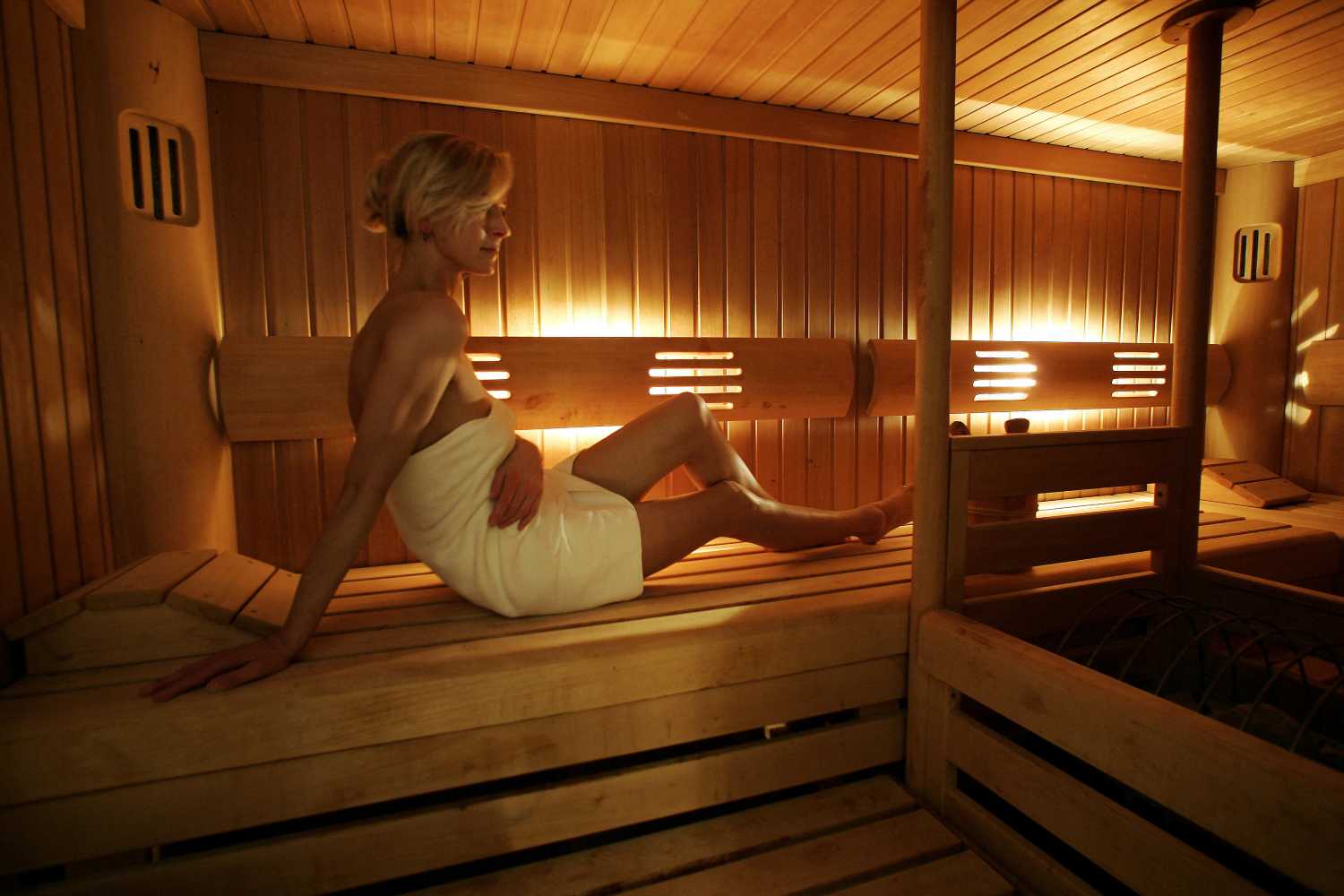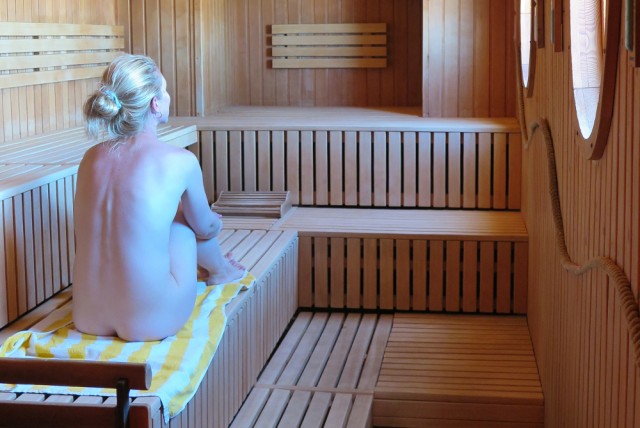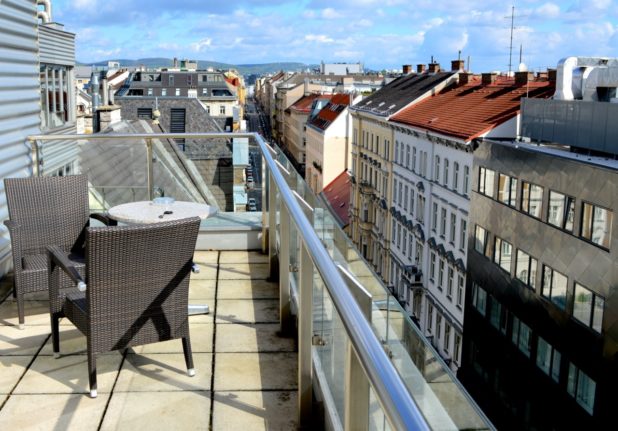It’s no different in Austria with cultural differences ranging from supermarket opening times to expectations of service in cafes and attitudes to small talk.
Here are nine mistakes that everyone makes when they first move to Austria.
Expecting polite service in cafes and restaurants
It’s well-known in Austria that waiters and waitresses can be grumpy, but newcomers to the country are usually oblivious to this fact.
In Austria, it’s not unusual for waiters to act like they’re doing you a favour by serving you, and staff regularly appear stressed and overworked – even when it’s not busy.
Thankfully, it’s all part of the charm and it’s usually not personal, but don’t expect American or Canadian-style friendly service in Austria.

Crossing the road when the light is red
For people from the UK, if there are no cars coming but the light is still red at a zebra crossing (Schutzweg) or junction, it’s generally accepted that it’s okay to cross the road.
In fact, most people probably wouldn’t think twice about it and some will even boldly walk out into traffic.
But in Austria, people wait until the light has turned green – even if it means waiting on the side of the road without any cars going past.
Why? Because there are fines for jaywalking in Austria, so watch out.
READ MORE: How can I apply for dual citizenship in Austria?
Saying “Ich bin heiss” on a hot, summer day
Any English-speaker that has said “Ich bin heiss” (“I am hot”) during hot weather in Austria has probably been ridiculed by German-speaking friends.
This is because the literal translation from English to German doesn’t work.
How to speak Austrian: These are the major differences between Austrian and High German
In this context, “heiss” in German means “hot” in a sexy way, so anyone that says that is proclaiming themselves to be sexy.
Instead, when overheating during an Austrian heat wave, say “Mir ist heiss” – it will stop the locals from laughing at you.
Forgetting that supermarkets close on a Sunday
Sunday is a day of rest in Austria, which means most businesses are closed, with the exception of essential services like petrol stations and hospitality.
So, if you forget to stock up on food and drink essentials on Saturday, then don’t expect to wander down to the supermarket on Sunday morning. They will all be closed.
The same applies on public holidays, and it has long been a complaint of international residents in Austria that Sundays and public holidays are boring.
But there are plenty of other things to do, like having a long brunch in a cafe or exploring nature in Austria’s more rural areas.
Trying to pay with card everywhere
Cash is king in Austria – and it’s unlikely to change any time soon.
Although the pandemic has tipped the scales slightly towards an increase in card payment, cash is still the payment of choice for many Austrians and businesses.
You might even get a grumpy roll of the eyes when trying to pay with cash in some places.

This attitude towards cash is reflected in the saying “Nur Bares ist Wahres” (only cash is true), with a pre-pandemic study showing that 83 per cent of Austrians preferred paying with cash.
There are three reasons for this – freedom, anonymity and control.
READ MORE: Why is cash so important to Austrians?
Austrians like to have the freedom of not relying on a bank, the anonymity to spend money on whatever they like and control over spending.
For international residents from card-favouring countries like the UK, Ireland and most of Scandinavia, the best way to deal with this is to just get used to carrying cash.
After all, if you can’t beat them, join them.
READ MORE: What foreigners need to know about Austria’s work culture
Using the informal “du” in a formal situation
In English, the language isn’t divided between formal and informal, but German is.
For example, when speaking to a police officer or doctor, the word “you” (du) is the same as when speaking to a personal friend or a child.
But in German, people in positions of authority will expect the formal “you” (sie) to be used when being addressed.
It’s common for people learning German to forget this and, while it can be embarrassing and potentially insulting to the other person, it’s a learning curve that everyone has to go through.
Attempting small talk with strangers
For British people, small talk about the weather is a guaranteed conversation starter – no matter how cliche that might be.
In Austria however, small talk is not as common and people generally prefer to have meaningful conversations about topics they are interested in.
Austrians can also be more reserved around people they are not familiar with and shy away from asking personal questions until they know them better.
So, if you try making small talk at a bus stop and it falls flat, don’t take it personally. It’s just not the done thing in Austria.
Arriving late and thinking it’s okay
In the German-speaking world, punctuality is highly rated and lateness is seen as being rude.
In fact, if you think you are going to be late it’s recommended to call or text to let the person know in advance.
Whereas turning up late without warning is seen as bad manners and won’t win you any brownie points.
Being shocked by naked people in the sauna
Austria has long, cold winters, so spending time in the sauna is a big part of the culture. Especially in the mountains.
But a word of warning – Austrians like their sauna naked.
This can come as a shock to people from other parts of the world where wearing a bikini or board shorts is a sauna uniform of choice and going naked in public is only for naturists.

Whereas, in Austria, it’s completely normal to be surrounded by naked people in a sauna and the absence of clothes is even expected.
So, if you’re the only one wearing a swimsuit or acting embarrassed then expect some funny looks.
READ MORE: The 10 biggest culture shocks experienced by foreigners in Austria



 Please whitelist us to continue reading.
Please whitelist us to continue reading.
Ummm…. German is not the only language where one may inadvertently select the wrong word. It’s highly unlikely to be true that “going naked in public is only for naturalists,” but it is certainly true of ‘naturists.”
THank you Paul. Corrected